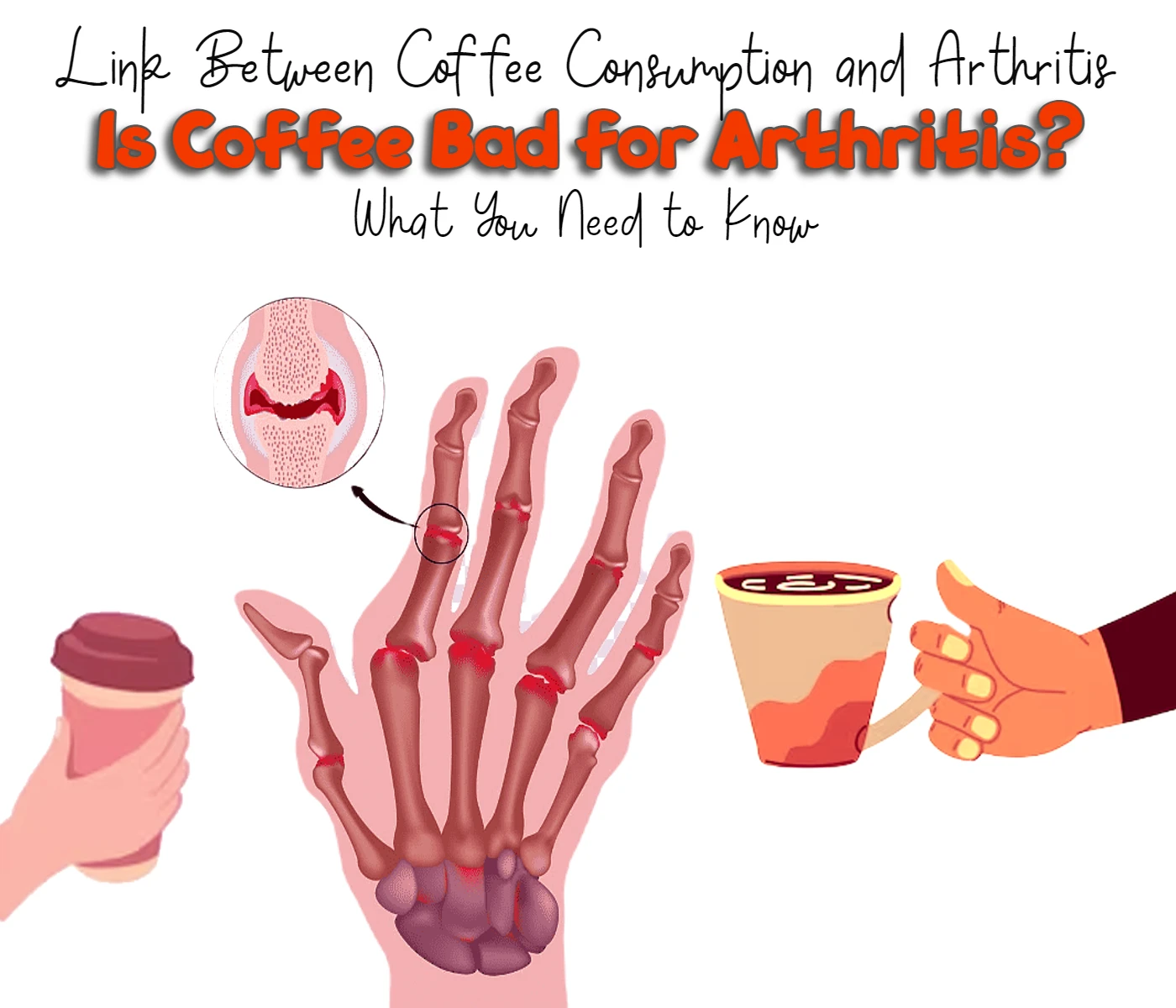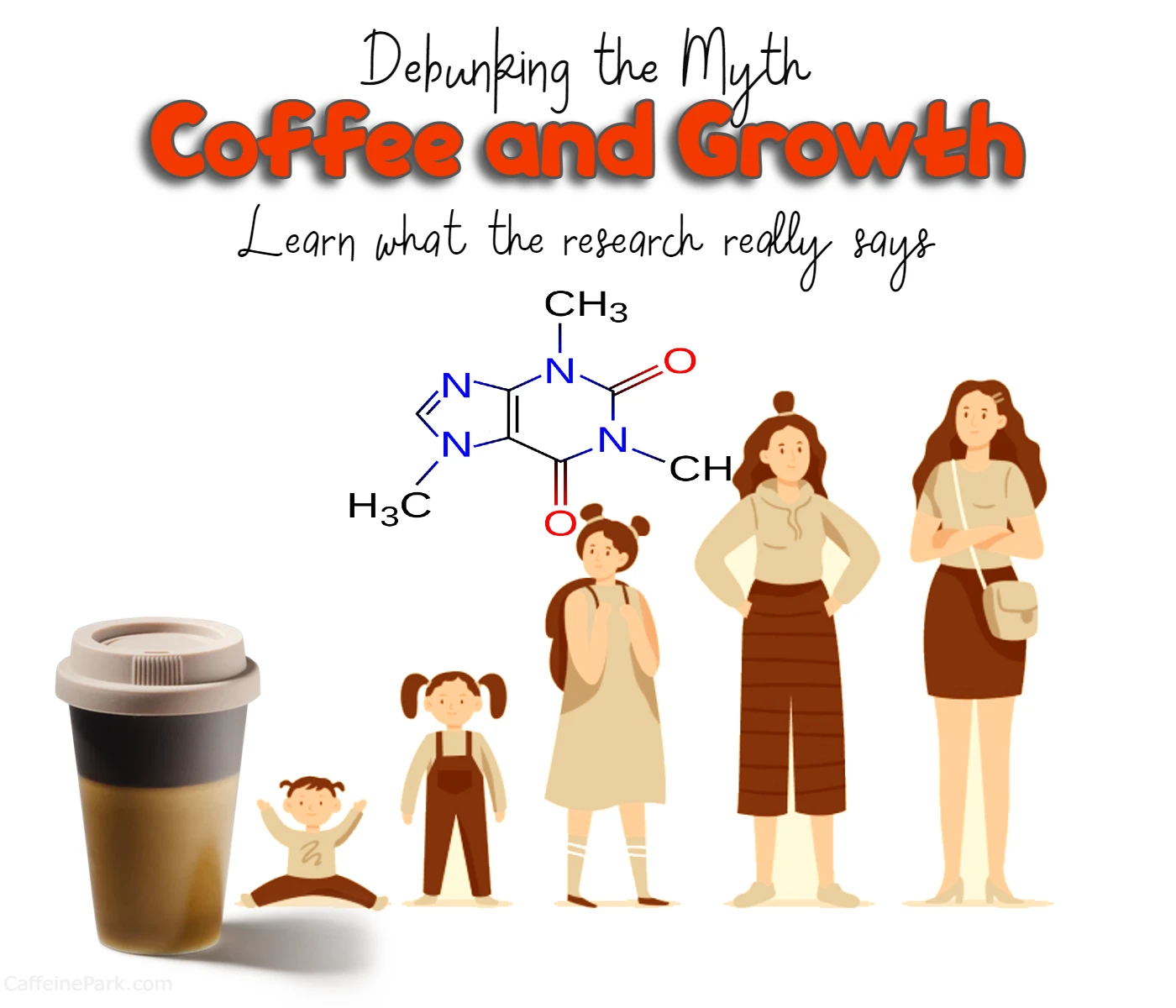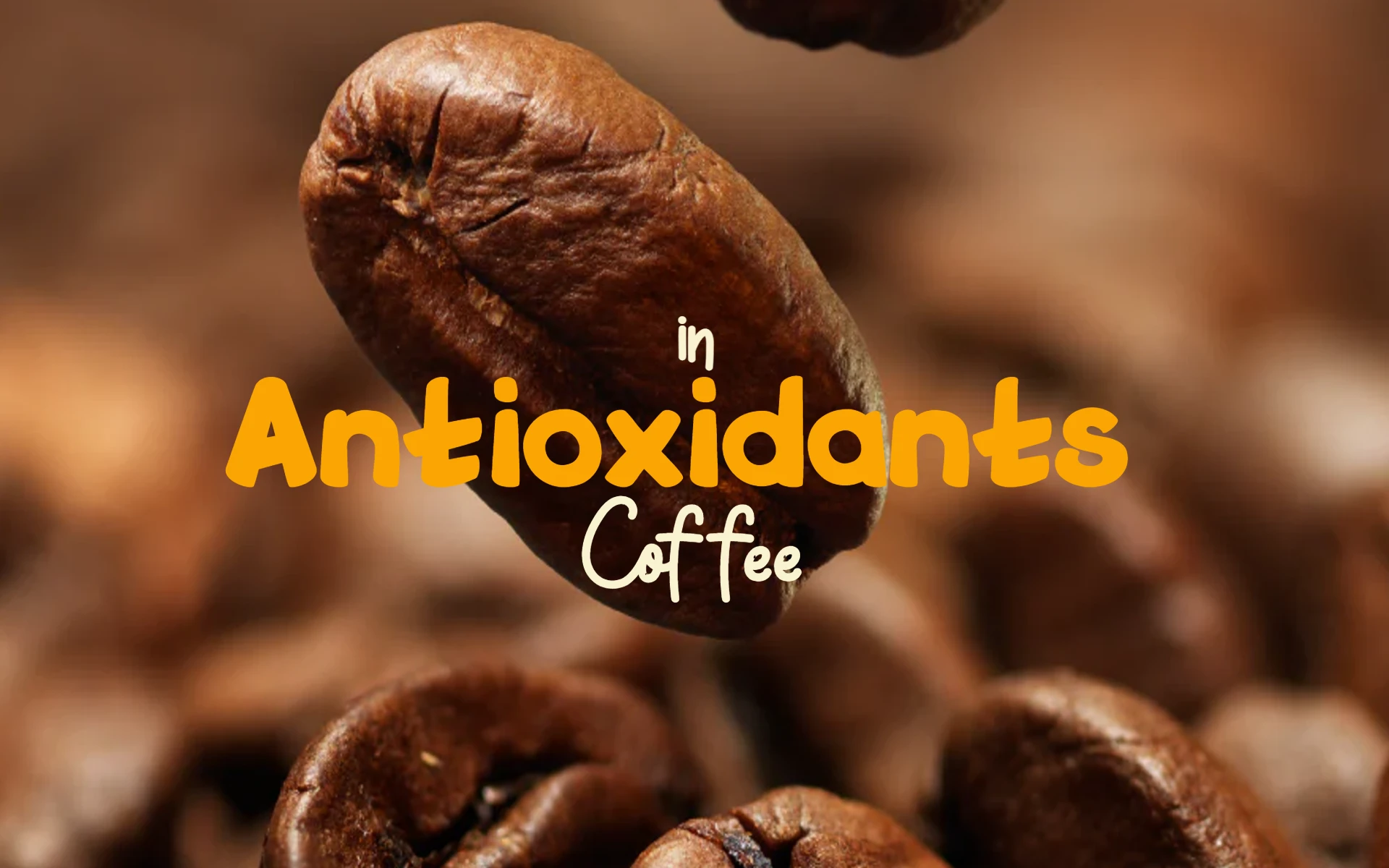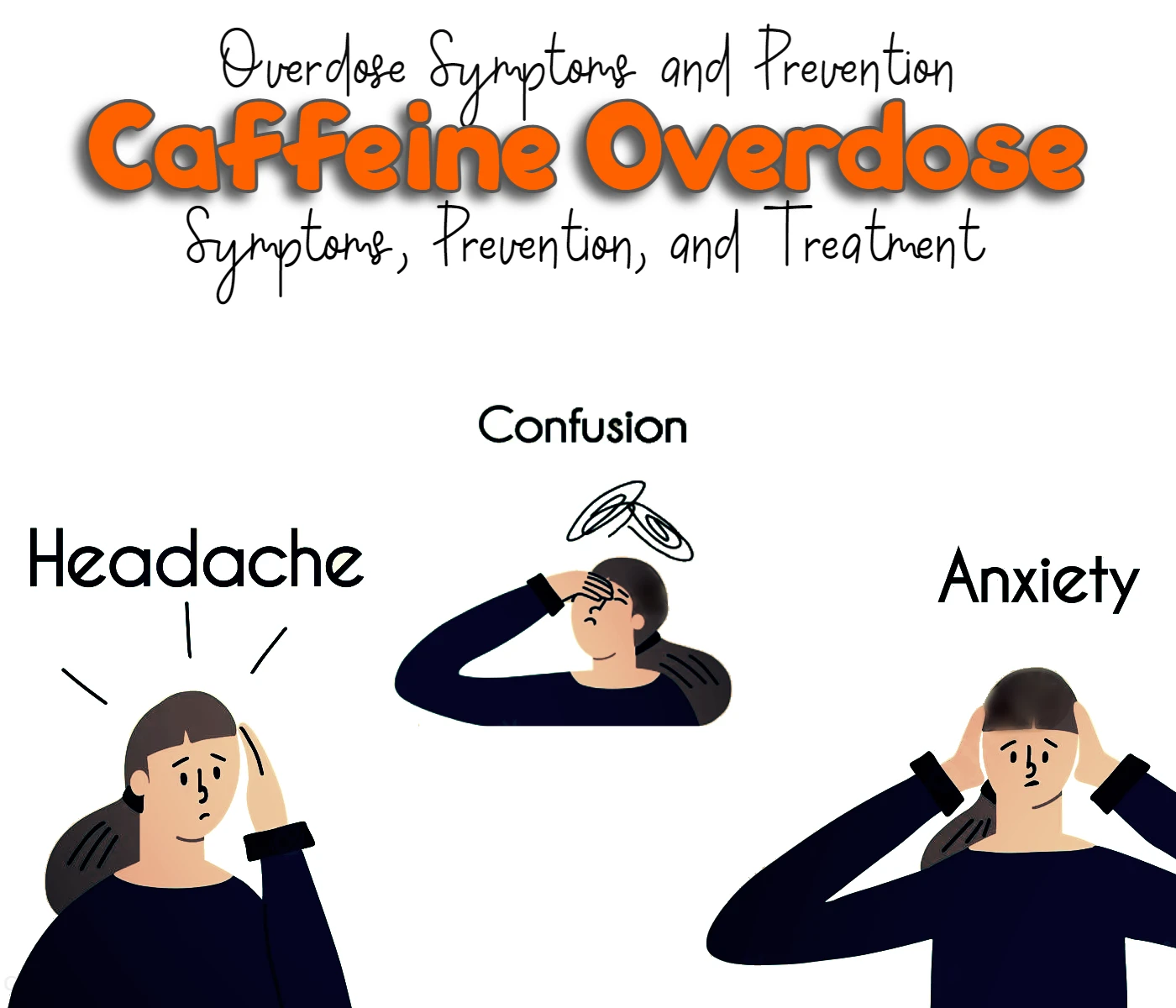
Aspartame, an artificial sweetener renowned for its extraordinary sweetness, has taken the culinary world by storm. From soft drinks to desserts, it’s a ubiquitous presence in countless food and beverage products. But what makes aspartame truly fascinating is its impressive ability to be approximately 200 times sweeter than regular table sugar. Imagine, just a tiny amount of aspartame is needed to achieve the same level of sweetness as a much larger quantity of sugar. It’s like having a secret superpower in the world of flavors!
But the wonders of aspartame don’t end there. This low-calorie sweetener offers a guilt-free indulgence, allowing you to satisfy your sweet tooth without the extra calories. Whether you’re striving to manage your weight, reduce sugar intake, or navigate the world of diabetes, aspartame can be a valuable ally on your journey. So join us as we delve into the fascinating science, dispel myths, and provide insights into the safe and delightful world of aspartame.
Are you ready to unlock the secrets of this remarkable sugar substitute? Prepare to be amazed by its sweetness, enlightened by its history, and empowered by its benefits. Join us on this tantalizing adventure into the realm of aspartame, and discover a whole new world of guilt-free sweetness. Don’t miss out! Read on to quench your curiosity and satisfy your craving for knowledge.
What is Aspartame?
Aspartame, a widely recognized artificial sweetener, has gained popularity as a sugar substitute in numerous food and beverage products. You may come across it under brand names like NutraSweet®, Equal®, or AminoSweet®. But what sets aspartame apart is its exceptional sweetness, estimated to be around 200 times sweeter than regular table sugar.
As a low-calorie alternative to sugar, aspartame offers a significant advantage for those seeking to reduce their calorie intake without compromising on taste. With its intense sweetness, only a small amount of aspartame is needed to achieve the desired level of sweetness in various culinary delights. Whether you’re sipping a refreshing diet soda or indulging in a guilt-free dessert, aspartame provides a sweet sensation without the added calories.
This remarkable sweetness of aspartame is attributed to its unique chemical composition. Structurally, aspartame is a dipeptide, consisting of two amino acids—L-aspartic acid and L-phenylalanine. These amino acids are naturally present in several common foods we consume regularly, such as meat, dairy products, and fruits.
So, the next time you reach for a sugar-free beverage or opt for a dessert with reduced sugar content, chances are it’s sweetened with aspartame. This incredible sweetener continues to be a go-to choice for individuals looking to strike a balance between satisfying their sweet tooth and managing their calorie intake.
History of Aspartame
Let’s take a journey back in time to uncover the intriguing history behind aspartame. The story begins in 1965 when a chemist named James M. Schlatter made a serendipitous discovery while working on an anti-ulcer medication at the G.D. Searle & Company laboratory.
During one of his experiments, Schlatter accidentally got a taste of a substance he had synthesized. To his surprise, he noticed an intense sweetness lingering on his tongue. This unexpected encounter marked the accidental discovery of aspartame as a sweetening agent.
Recognizing the potential of this newfound sweetness, further research and development ensued. Scientists at G.D. Searle & Company conducted extensive studies to investigate the properties and applications of aspartame. After years of meticulous research and testing, aspartame was finally approved for use as a food additive in the United States in 1981.
The initial approval of aspartame sparked a wave of excitement and curiosity among consumers and food manufacturers. The sweetener rapidly gained popularity as a sugar substitute due to its remarkable sweetness and low-calorie content.
Over the years, aspartame continued to make its mark in the food and beverage industry. It became an integral part of countless products, providing consumers with a wide range of options for reduced-calorie and sugar-free alternatives.
However, the journey of aspartame was not without its fair share of controversies and debates. Concerns regarding its safety and potential side effects emerged, leading to extensive scientific investigations and regulatory evaluations. Regulatory authorities such as the U.S. Food and Drug Administration (FDA) and the European Food Safety Authority (EFSA) have thoroughly reviewed the available scientific evidence and consistently affirmed the safety of aspartame for human consumption.
Today, aspartame remains one of the most widely used artificial sweeteners globally, finding its way into a myriad of food and beverage products enjoyed by millions of people around the world. Its journey from a chance discovery to a staple ingredient in our culinary landscape showcases the power of scientific innovation and our ongoing quest for delicious, low-calorie alternatives.
Unraveling the Chemistry
Now, let’s explore the fascinating chemistry behind aspartame. Structurally, aspartame is a dipeptide, meaning it is composed of two amino acids: L-aspartic acid and L-phenylalanine. These amino acids are naturally found in various foods we consume on a daily basis, such as meat, dairy products, and fruits.
When aspartame is ingested, it undergoes metabolism in the body, breaking down into its constituent amino acids, aspartic acid, phenylalanine, and a small amount of methanol. Don’t worry, though—the amounts of methanol produced from aspartame metabolism are much lower than what you would get from consuming common fruits or vegetables.
A Taste of Sweetness, Without the Calories
One of the primary reasons why aspartame gained popularity is its ability to provide a sweet taste without the added calories of sugar. This makes it a valuable tool for individuals aiming to reduce their calorie intake or manage conditions like diabetes.
Aspartame is incredibly sweet, and only a tiny amount is needed to achieve the desired level of sweetness. Due to its high sweetness intensity, the caloric content of aspartame is virtually negligible. In fact, it contains just four calories per gram, compared to the four calories per gram in table sugar. This makes it an attractive option for those who are mindful of their calorie consumption.
Safety First: Is Aspartame Safe?
Ah, the question of safety—the topic on everyone’s mind when it comes to artificial sweeteners. Over the years, aspartame has undergone rigorous scientific scrutiny to determine its safety for human consumption. Regulatory authorities around the world, including the U.S. Food and Drug Administration (FDA) and the European Food Safety Authority (EFSA), have thoroughly evaluated the available evidence and deemed aspartame safe for consumption.
However, it’s worth noting that aspartame may not be suitable for everyone. Individuals with phenylketonuria (PKU), a rare genetic disorder, have difficulty metabolizing phenylalanine. As aspartame contains phenylalanine, those with PKU need to monitor their intake of aspartame to avoid excessive phenylalanine levels in their blood.
Additionally, some individuals may experience mild side effects from consuming aspartame, such as headaches or digestive issues. However, these effects are relatively rare and are usually only observed in individuals who are particularly sensitive to aspartame.
Aspartame in Everyday Life
Now that we’ve covered the basics, let’s explore the many ways in which aspartame has been integrated into our everyday lives. It can be found in a wide variety of products, ranging from soft drinks and powdered drink mixes to desserts, candies, and even some pharmaceuticals.
To give you a better idea, here’s a table highlighting some common food and beverage products where you might find aspartame:
| Food and Beverage Products | Examples |
|---|---|
| Soft Drinks | Diet Coke, Diet Pepsi, Coke Zero, Diet Dr Pepper |
| Powdered Drink Mixes | Crystal Light, Kool-Aid Sugar-Free |
| Desserts | Sugar-free gelatin, light ice creams |
| Chewing Gum | Trident, Orbit, Extra |
| Yogurts | Low-calorie and sugar-free varieties |
| Condiments and Sauces | Sugar-free ketchup, salad dressings |
It’s important to note that aspartame is not heat-stable, meaning its sweetness can diminish when exposed to high temperatures during cooking or baking. Therefore, it’s commonly used in cold or room-temperature foods and beverages.
Health Risks of Aspartame
Aspartame, like many widely used food additives, has faced its fair share of controversies and concerns regarding its potential health risks. However, it’s important to separate fact from fiction and understand the scientific evidence surrounding this artificial sweetener. Let’s delve into the topic and address some of the common health concerns associated with aspartame.
- Cancer: One of the most prevalent claims is that aspartame increases the risk of cancer. However, extensive research conducted by regulatory agencies and scientific organizations worldwide has consistently shown no evidence of a link between aspartame consumption and cancer in humans. The U.S. FDA, EFSA, and other reputable authorities have deemed aspartame safe for consumption.
- Neurological Effects: Some individuals have reported experiencing headaches, dizziness, or other neurological symptoms after consuming aspartame. However, numerous scientific studies have failed to establish a causal relationship between aspartame and these symptoms. For individuals who are particularly sensitive to aspartame, reducing its intake may alleviate any perceived adverse effects.
- Weight Gain and Obesity: Aspartame is often used as a sugar substitute in products aimed at weight management. While it provides sweetness without the added calories, it is not a magical solution for weight loss. Consuming excessive amounts of any sweetener, including aspartame, can contribute to a higher overall calorie intake, potentially leading to weight gain. Aspartame can be part of a balanced diet when used in moderation as a tool to reduce sugar consumption.
It’s important to note that regulatory agencies worldwide have conducted thorough evaluations and consistently reaffirmed the safety of aspartame for human consumption. However, individuals with specific health conditions, such as phenylketonuria (PKU), should follow medical advice regarding aspartame intake.
Aspartame Side Effects: Exploring the Facts and Potential Concerns
Aspartame, the widely used artificial sweetener, has been the subject of various claims and concerns regarding its potential side effects. While the majority of people can consume aspartame without experiencing any issues, it’s important to be aware of potential sensitivities and the scientific evidence surrounding these claims. Let’s delve into the topic and address some of the commonly discussed side effects associated with aspartame.
- Headaches: Headaches are one of the most frequently reported side effects attributed to aspartame consumption. However, scientific studies have yielded mixed results, with some studies suggesting a possible link and others finding no significant association. It’s important to note that headaches can have various causes, and individuals who believe they are sensitive to aspartame may choose to reduce their intake and observe any changes.
- Digestive Discomfort: Some individuals have reported digestive symptoms such as bloating, gas, or diarrhea after consuming aspartame. However, these effects are relatively rare, and studies investigating the relationship between aspartame and digestive discomfort have not provided consistent evidence of a causal connection.
- Allergic Reactions: While extremely rare, allergic reactions to aspartame have been reported. These reactions may include symptoms such as itching, hives, or difficulty breathing. Individuals who experience these symptoms after consuming aspartame should seek medical attention promptly.
How Much Aspartame is Too Much?
Determining the right amount of aspartame to consume is essential for maintaining a balanced and healthy diet. While aspartame is considered safe for consumption, it’s important to understand recommended guidelines and individual tolerance levels. Let’s explore how much aspartame is generally considered safe and the factors to consider when determining your intake.
Regulatory authorities, such as the FDA and EFSA, have established Acceptable Daily Intake (ADI) levels for aspartame. The ADI represents the amount of a substance that can be consumed daily over a lifetime without any appreciable health risk. For aspartame, the ADI is set at 40 milligrams per kilogram of body weight. This means that a 150-pound (68-kilogram) person would have an ADI of approximately 2,720 milligrams of aspartame per day.
To put this into perspective, a single serving of a diet soda typically contains around 180 to 200 milligrams of aspartame. Therefore, reaching or exceeding the ADI solely through food and beverage consumption is highly unlikely for the average person.
Here’s a table outlining the Acceptable Daily Intake (ADI) levels for aspartame based on body weight:
| Body Weight | ADI for Aspartame |
|---|---|
| 50 kg | 2,000 mg |
| 60 kg | 2,400 mg |
| 70 kg | 2,800 mg |
| 80 kg | 3,200 mg |
| 90 kg | 3,600 mg |
| 100 kg | 4,000 mg |
Please note that these values are approximate and represent the maximum amount of aspartame that can be consumed daily over a lifetime without significant health risks. Keep in mind that aspartame is commonly found in various food and beverage products, so it’s important to consider your overall intake from different sources to ensure you stay within the recommended limits.
Comparing Sweeteners: Aspartame and Other Sugar Substitutes
Aspartame is just one of many sugar substitutes available on the market. Let’s take a look at how it compares to other commonly used sweeteners:
- Sucralose: Sucralose is another popular artificial sweetener used in diet sodas. It is derived from sugar but undergoes a process that replaces some of the hydrogen-oxygen groups with chlorine atoms. Sucralose is known for its intense sweetness and zero-calorie content. It does not break down during cooking or digestion, making it a stable option for various food and beverage applications.
- Stevia: Stevia is a natural sweetener extracted from the leaves of the Stevia rebaudiana plant. It is known for its high sweetness level and zero-calorie nature. Stevia has gained popularity as a natural alternative to artificial sweeteners. It is often used in combination with other sugar substitutes, including aspartame, to achieve the desired sweetness profile in beverages.
- Saccharin: Saccharin is one of the oldest artificial sweeteners available. It is intensely sweet and has a bitter aftertaste. Saccharin is often used in combination with other sweeteners to mask its bitter flavor. While it has been deemed safe for consumption by regulatory authorities, some studies have linked high consumption of saccharin to an increased risk of bladder cancer in rats. However, further research is needed to determine its effects on humans.
It’s important to note that each sweetener has its own characteristics, including taste profile, stability, and safety considerations. When choosing a diet soda, you may want to consider personal preferences, health goals, and any dietary restrictions or sensitivities you may have.
Addressing the Controversy: Debunking Myths about Aspartame
Over the years, aspartame has been at the center of various controversies and misconceptions. Let’s address some common myths and clarify the facts:
1. Aspartame Causes Weight Gain
One misconception is that aspartame consumption leads to weight gain. However, aspartame itself is low in calories and does not contribute to weight gain. In fact, it can be a helpful tool for reducing calorie intake when used as a substitute for sugar. It’s essential to consider the overall diet and lifestyle factors when assessing weight management.
2. Aspartame Increases Sugar Cravings
Another myth is that consuming aspartame increases sugar cravings, leading to overeating or making poor dietary choices. Scientific research has shown no consistent evidence to support this claim. Aspartame can be a useful tool for individuals looking to reduce their sugar intake while still enjoying a sweet taste.
3. Aspartame Causes Neurological Disorders
There have been claims that aspartame can cause neurological disorders, such as headaches, seizures, and even brain tumors. However, extensive research and regulatory agencies worldwide have consistently concluded that aspartame is safe for consumption. Scientific studies have failed to establish a causal relationship between aspartame intake and neurological disorders in humans.
4. Aspartame is Addictive
Some individuals worry that aspartame is addictive due to its sweet taste. However, there is no scientific evidence to support the addictive nature of aspartame. While some people may have a preference for sweet tastes, aspartame itself does not possess addictive properties.
It’s important to rely on credible scientific research and regulatory authorities’ assessments when evaluating the safety and effects of aspartame. Misinformation and myths can often lead to unnecessary concerns and anxiety.
Understanding Labels and Serving Sizes
When purchasing diet sodas with aspartame, it’s important to understand theinformation provided on the labels and consider the serving sizes. Here are a few key points to keep in mind:
- Ingredients: Check the list of ingredients to ensure that aspartame is included. Ingredients are usually listed in descending order by weight, so if aspartame is listed near the beginning, it indicates a higher concentration in the product.
- Nutrition Facts: Pay attention to the nutrition facts panel, which provides information about the serving size, calories, sugar content, and other nutrients. Diet sodas with aspartame typically have zero or very few calories and little to no sugar.
- Serving Size: Serving sizes can vary among different brands and products. Be sure to check the serving size indicated on the label and consider how many servings you are consuming to accurately calculate calorie and nutrient intake.
- Other Nutrients: While diet sodas with aspartame are low in calories, they may still contain other ingredients and nutrients. Some diet sodas are fortified with vitamins or minerals, while others may contain caffeine. If you have specific dietary requirements or restrictions, it’s important to review the label for any additional information.
Understanding the information on product labels empowers you to make informed choices based on your personal dietary needs and preferences.
Moderation and a Balanced Diet
While diet sodas with aspartame can be a refreshing and low-calorie choice, it’s essential to consume them in moderation as part of a balanced diet. While aspartame has been deemed safe for consumption by regulatory authorities, excessive consumption of any food or beverage, including diet sodas, may have negative effects.
It’s important to remember that a healthy lifestyle includes a variety of nutritious foods, regular physical activity, and staying hydrated. Diet sodas with aspartame can be enjoyed as an occasional treat or as part of a well-rounded diet, but they should not replace other essential components of a healthy lifestyle.
The Bottom Line
Aspartame has certainly made its mark as a widely-used low-calorie sweetener, offering a sweet taste without the added calories of sugar. While it has faced its fair share of controversies and debates, regulatory authorities worldwide have deemed it safe for human consumption.
As with any food or ingredient, moderation is key. If you have concerns about aspartame or are uncertain if it is suitable for your dietary needs, it’s always best to consult with a healthcare professional or a registered dietitian.
So there you have it—the sweet and fascinating world of aspartame. I hope this journey has provided you with valuable insights into this popular artificial sweetener. Remember to make informed choices, savor the sweetness in life, and enjoy your culinary adventures!
FAQs
Yes, aspartame is generally safe for most people to consume. Aspartame is an artificial sweetener that is used in a variety of food and drink products as a sugar substitute. The U.S. Food and Drug Administration (FDA), the European Food Safety Authority (EFSA), and many other international regulatory bodies have approved its use.
Yes, aspartame can be a suitable sugar substitute for individuals with diabetes. It provides sweetness without significantly affecting blood glucose levels, making it a popular choice for managing sugar intake in diabetes management.
Aspartame is a low-calorie sweetener. It contains only four calories per gram, compared to the four calories per gram found in table sugar. Due to its high sweetness intensity, only small amounts of aspartame are needed to achieve the desired sweetness, resulting in negligible caloric content.
Aspartame can be a useful tool in weight management as it provides sweetness without the added calories of sugar. By replacing higher-calorie sweeteners with aspartame, individuals can reduce their overall calorie intake, which may support weight loss efforts when combined with a balanced diet and regular physical activity.
While the majority of people can consume aspartame without any issues, some individuals may experience mild side effects such as headaches, dizziness, or digestive discomfort. However, these effects are relatively rare and usually occur in individuals who are particularly sensitive to aspartame.
Individuals with phenylketonuria (PKU), a rare genetic disorder, have difficulty metabolizing phenylalanine, an amino acid found in aspartame. Therefore, people with PKU need to monitor their aspartame intake to avoid excessive phenylalanine levels in their blood. Food products containing aspartame are typically labeled to indicate phenylalanine content for individuals with PKU.
Aspartame is widely used as a sugar substitute in various food and beverage products. You can find it in soft drinks, powdered drink mixes, desserts, chewing gum, yogurts, condiments, and more. Look for products labeled as “sugar-free” or “low-calorie” to find those that contain aspartame.
Read More:
Contents
- What is Aspartame?
- History of Aspartame
- Unraveling the Chemistry
- A Taste of Sweetness, Without the Calories
- Safety First: Is Aspartame Safe?
- Aspartame in Everyday Life
- Health Risks of Aspartame
- Aspartame Side Effects: Exploring the Facts and Potential Concerns
- How Much Aspartame is Too Much?
- The Bottom Line
- FAQs





